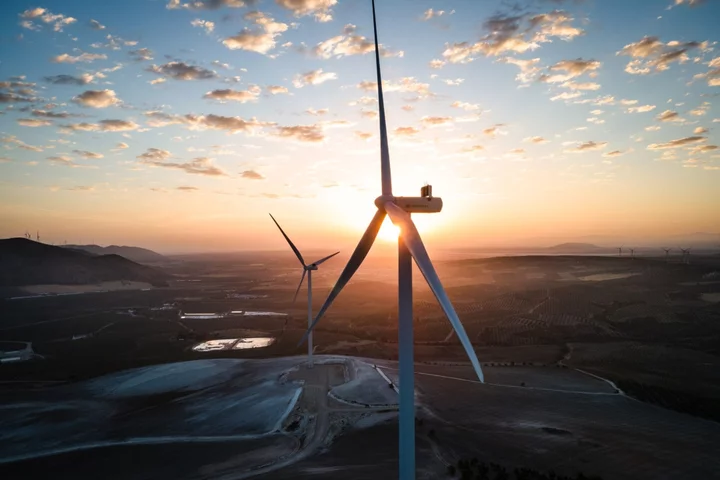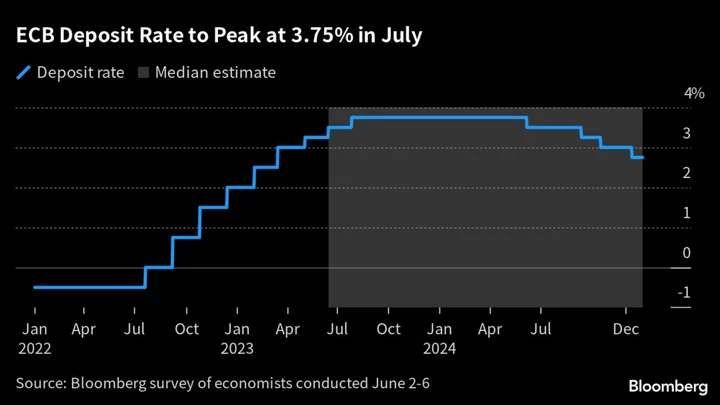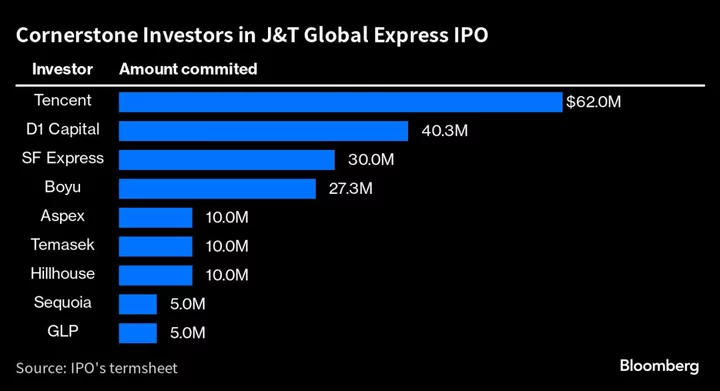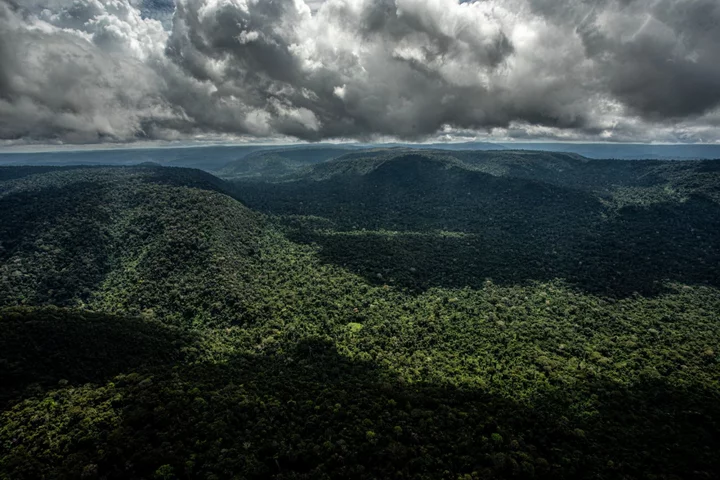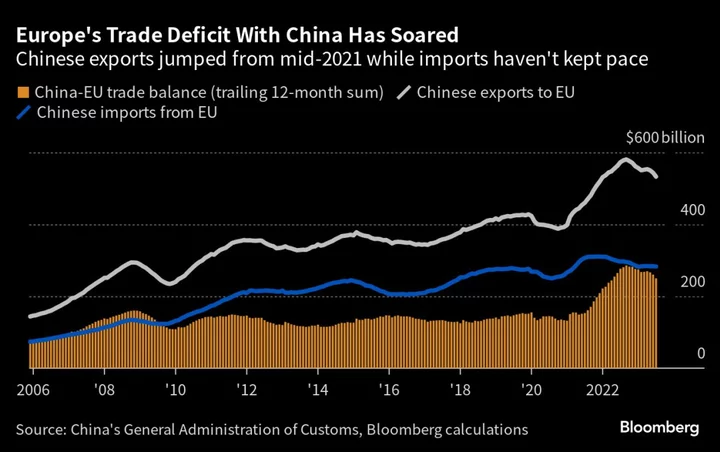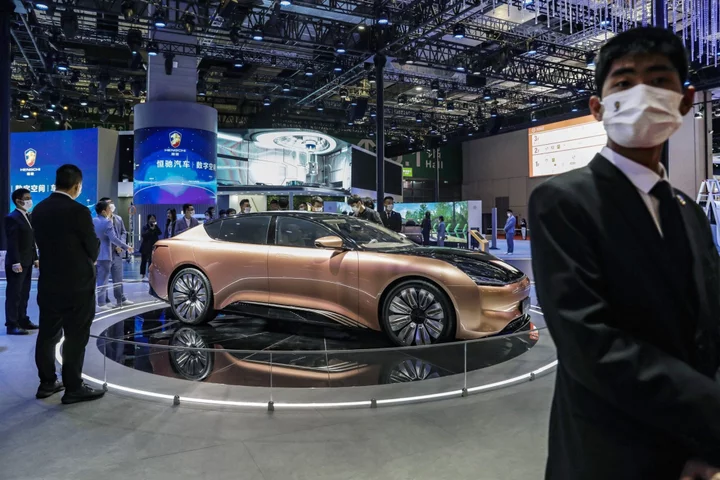Japanese trading company Sojitz Corp. canceled its plan to build a wind power plant in Hokkaido, amid soaring material costs and growing local criticism about the environmental impact of the project.
“After re-examining the business plan from various perspectives, including the recent sharp rise in material prices, we have concluded that this project does not meet Sojitz’s investment criteria,” the company in a statement on Saturday.
The decision adds to a recent trend of wind project cancellations, likely creating a headache for the Japanese government, which is seeking to significantly increase green energy production.
Sojitz had intended to construct large wind turbines in state-owned forests located in Otaru City and Yoichi Town in the northern regions of Japan. The turbines were expected to operate for 20 years from 2029, with a total output of 109 megawatts.
Apart from financial concerns, the project also faced opposition from local residents who expressed worries about its potential impact on the environment. Hokkaido Governor Naomichi Suzuki said on Friday that the local community lacked a clear understanding of the project.
Read more: G-7 Energy Ministers Face Climate Fight With Japan as Host
Sojitz said “the outcome is regrettable,” saying it had proposed changes to the layout and other measures to mitigate the impact on the landscape.
Recently, several other wind farm projects, including those proposed by Kansai Electric Power Co. and Hitachi Zosen Corp., were also scrapped amid heightened local objections. These setbacks are likely to pose challenges for the Japanese government, which aims to have renewables contribute 36% to 38% of the power supply by 2030.

